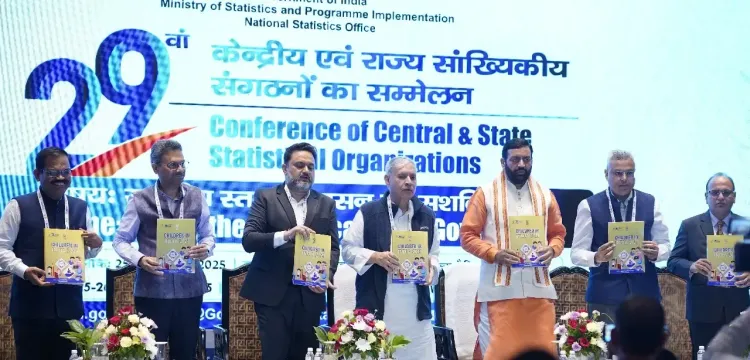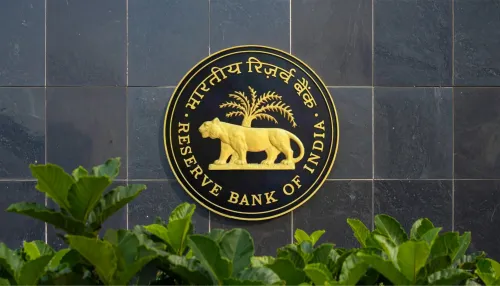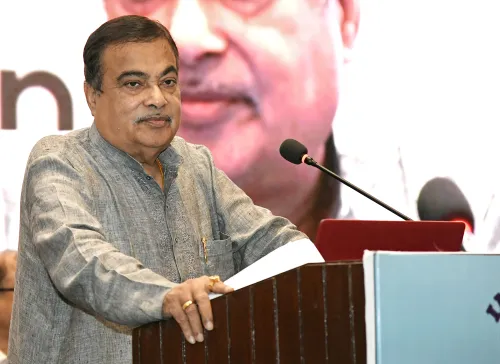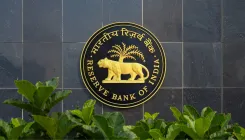How Does Strong Local Governance Depend on Robust Local Data?

Synopsis
Key Takeaways
- Local governance relies heavily on accurate data.
- Collaboration between Centre and States is essential for effective schemes.
- High-quality data ensures better planning and implementation.
- Recent initiatives aim to enhance statistical accessibility.
- Ongoing cooperation among States is vital for mutual learning.
New Delhi, Sep 26 (NationPress) Effective local governance is rooted in the availability of strong local data, as statistics help transform community needs into actionable plans, stated Union Minister Rao Inderjit Singh on Friday.
As the demand for timely, reliable, and disaggregated data increases, statisticians are crucial in ensuring precise interpretation and promoting evidence-based decision-making.
“For good governance at the local level, it is essential to have granular and credible data that guides planning, tracks progress, and facilitates necessary adjustments. Thus, bolstering local statistical systems is integral to achieving effective local governance,” the minister remarked at the 29th conference of Central and State Statistical Organizations (CoCSSO), hosted by the Ministry of Statistics and Programme Implementation (MoSPI) in Chandigarh.
Haryana Chief Minister Nayab Singh Saini emphasized that any initiative is only effective when supported by trustworthy statistics, highlighting the necessity for strong collaboration between the Centre and States to fulfill India’s vision of Viksit Bharat 2047.
Bhawani Singh Pathania, Deputy Chairman of the State Planning Board in Himachal Pradesh, noted that high-quality data is vital, alongside the introduction of the PAIMANA Dashboard, the NMDS 2.0 Portal, and the upgraded MoSPI website featuring the iOS version of the GoIStats app.
These initiatives, aimed at improving statistical dissemination, integration, and accessibility, further solidify the foundations of evidence-based governance and citizen participation.
During the two-day conference, numerous technical sessions were conducted focusing on the central theme of enhancing local governance through robust statistical frameworks.
Discussions also covered the revision of GDP/GSDP base years, with Haryana sharing its experiences, and the base updating of CPI along with the development of sub-State indices, featuring Maharashtra’s district-level CPI initiative.
A.K. Sadhu, a member of the National Statistical Commission (NSC), expressed that while the conference officially concludes, the collaboration and connectivity among statistical systems must persist.
He advocated for continuous cooperation not only between the Centre and States but also among States themselves, allowing for mutual learning to further reinforce India’s statistical framework.









